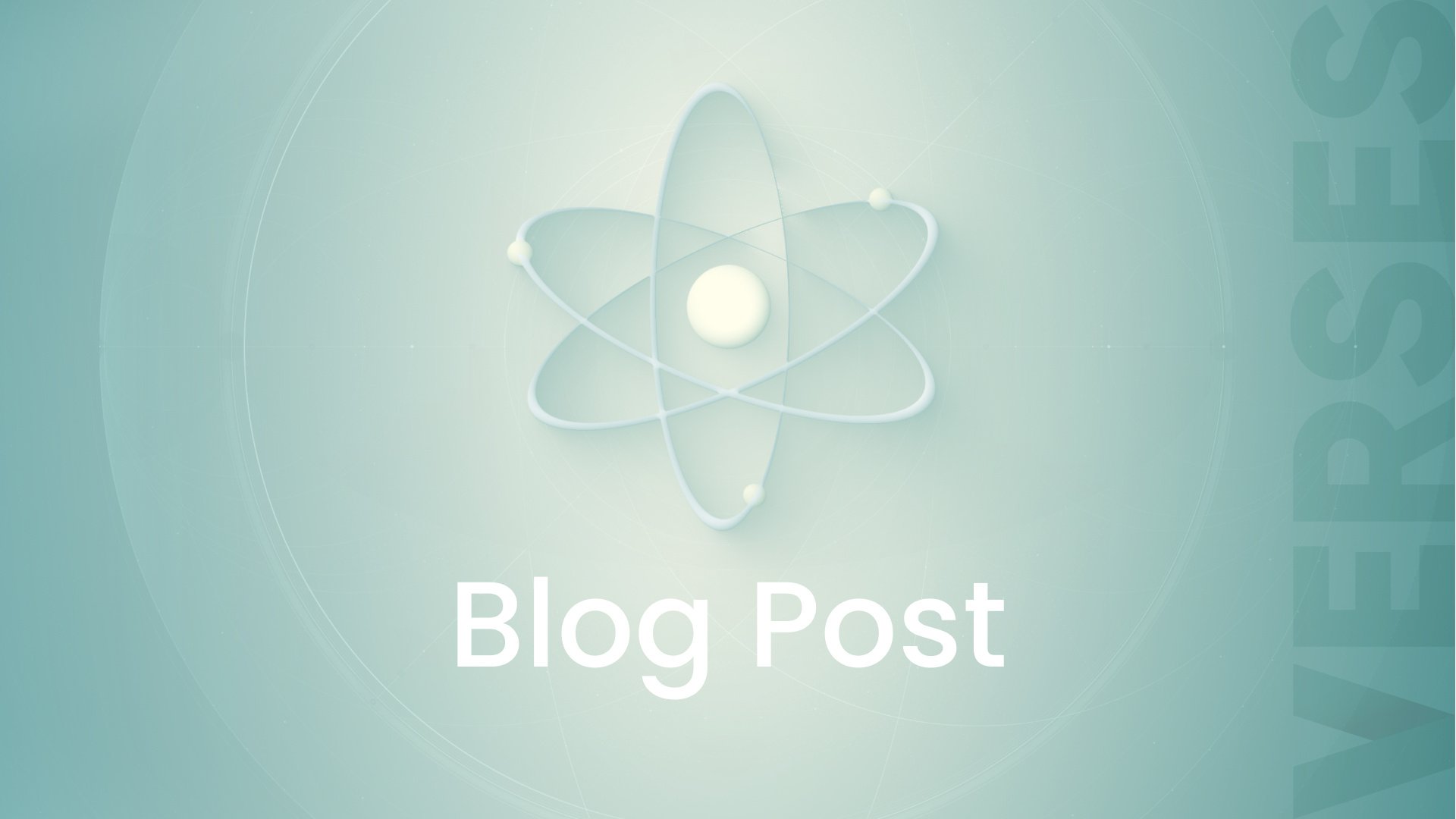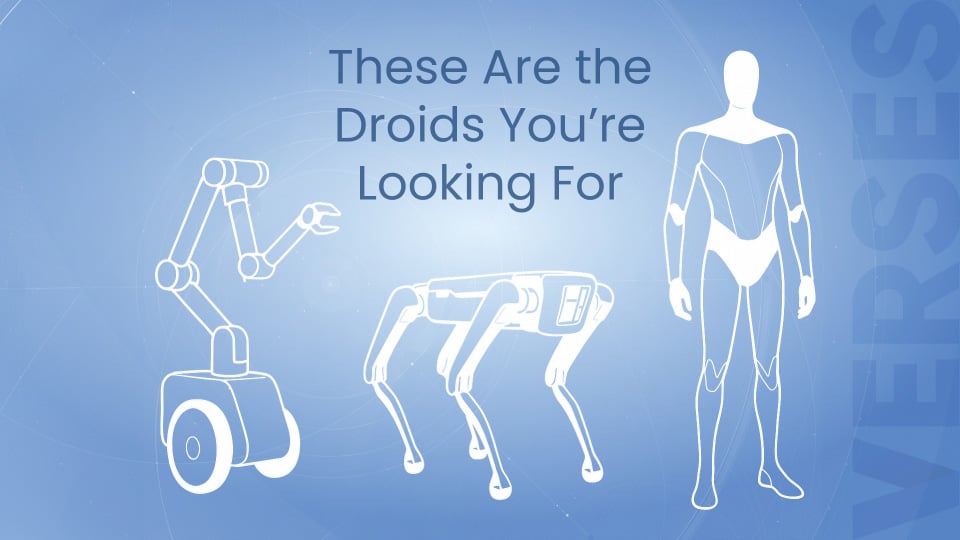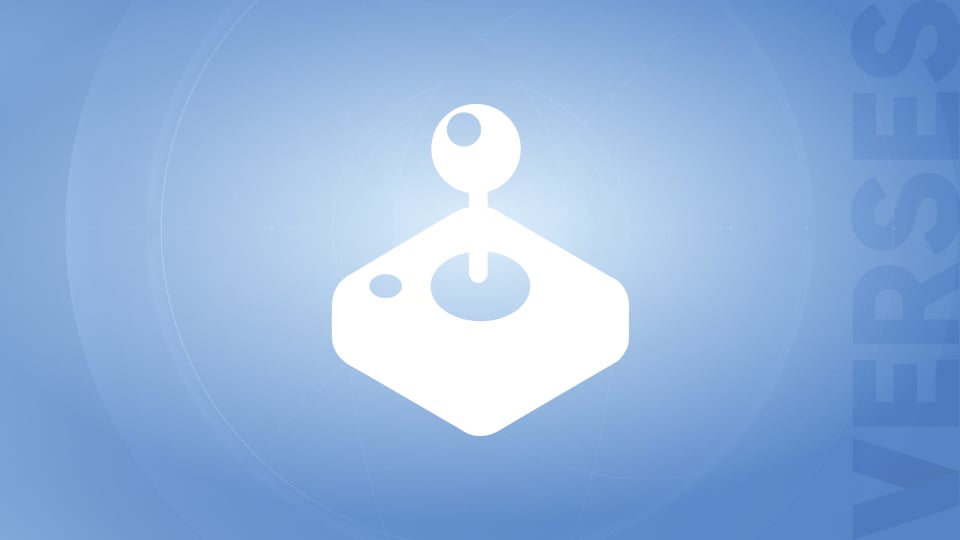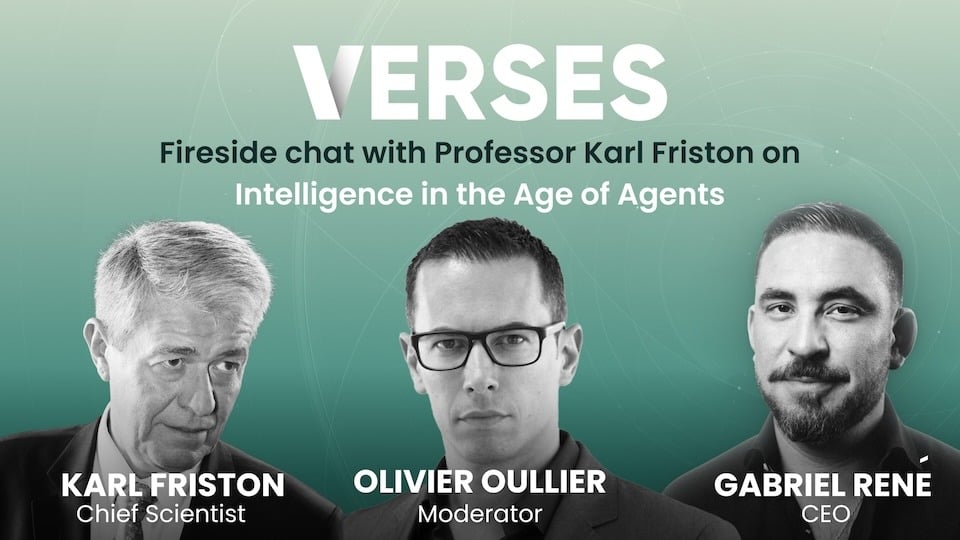Transforming Data into Knowledge: Unlocking the Potential of Genius
Historically, the Roman concept of "Genius" was more than just a fleeting idea; it was a profound belief in the existence of a divine force associated with individuals, families and places. It was this genius that was thought to be the wellspring of creativity, inspiration and special qualities that make each person unique. The influence of this Roman concept of genius remains ever-present in our modern understanding of exceptional talent. In modern times, the term "genius" is synonymous with remarkable intellectual abilities. This idea of a divine spark that makes each of us one-of-a-kind is still very much alive and well in our perception of the exceptional.
VERSES is taking this age-old concept to new heights by introducing a revolutionary knowledge engine that encourages humans and technology to work together in greater harmony. It has a human-like ability to process, understand and analyze information… and it is simply Genius.
To better understand how Genius fits in with other systems and what it offers, it's worth first considering the very popular Data, Information, Knowledge and Wisdom (DIKW) Model.

Data. It all begins with data – the raw, unprocessed and often chaotic foundation upon which insights are constructed. Various forms of data come together, whether they are sensor data from environmental monitoring, customer data from e-commerce platforms or scientific data from research experiments. They serve as the raw materials for the knowledge-creation process. Data continuously bombard our own bodies, be it changes in air pressure moving your inner ear or thermoreceptive sensory neurons in your skin constantly monitoring your environment’s temperature.
Data is like a collection of ingredients. You have them in your kitchen, but you're unsure what to do with them. For example, among many items, you have flour, eggs, sugar and chocolate chips. These are just ingredients and you haven't made anything with them yet.
Information. Data combined and contextualized with other data becomes useful as information. When we take these raw numbers, text and figures and process them into structured and contextual data points stored within today's databases, that collection is information. Information is as useful as the categorization and labeling that ultimately make the data accessible and interpretable. Using your own body as a model once again, information is the consequence of sensory organs and nerves passing a continuous, sequential stream of impulses to your brain in an organized manner.
Information is like a recipe you follow with directions on how to combine and prepare ingredients to create a specific dish. A cookie recipe tells you to mix the flour, eggs, sugar, and chocolate chips you have on hand. Now, you have cookie dough that can be baked to perfection.
Knowledge. Knowledge is created by connecting and making sense of different pieces of information. It is the recognition of patterns and interpretation of what those patterns and relationships mean. Knowing is the ingestion of interpretable facts, making sense of them and discerning how they came to be and why they may be true. To continue our cookie example, knowledge is when you understand the science behind baking and why those ingredients and steps in the recipe are essential. It's about knowing if you are going to make chocolate chip cookies, you can’t leave out the chocolate chips. That’s just how baking works. You've learned that when you mix flour and eggs, the proteins in the eggs help create a structure, and the sugar adds sweetness. Chocolate chips give the cookies the chocolate flavor. With this knowledge, you can adapt the recipe, create variations and even invent your own cookie recipes.
Wisdom. Wisdom follows the same pattern established above by combining multiple pieces of knowledge and wrapping them in experience, allowing us to make well-informed predictions about the future. With wisdom, we have insights about how things will likely play out and what actions we can take to get the desired results. Returning to our cookies, it is when you make informed decisions about baking, such as when to adjust a recipe, when to stick with a traditional method or when to skip out on making cookies altogether. For example, you might choose to triple the recipe for a big Thanksgiving dinner. Or you might choose to avoid turning on your oven, not baking them at all, if it’s hot outside.
Genius ushers in this wisdom. It identifies patterns, learns the connections and extracts valuable information, empowering humans to make informed decisions and innovate. Users transition from the realm of data and information to that of wisdom, leveraging their personal experiences to interpret the knowledge that Genius has thoughtfully curated and stored. In the realm of e-commerce, Genius might offer insights into market trends, real-time events and forecasted product availability, enabling businesses to make data-driven decisions regarding their product offerings and marketing strategies. In the healthcare sector, Genius can analyze patient records, detect trends in diseases, and provide insights for early diagnosis and preventive measures.
The journey from data to wisdom is a transformational process, and it's this journey that Genius excels at facilitating. It sets the stage for understanding how we have organized around collecting, storing, processing, and utilizing data through our digital transformation. It also tells us where we must head next to make greater advancements in technology and artificial intelligence.
In the next part of this blog series, we'll explore a variety of databases, how they've evolved to meet different data management needs and how Genius is a step function in that evolution.



